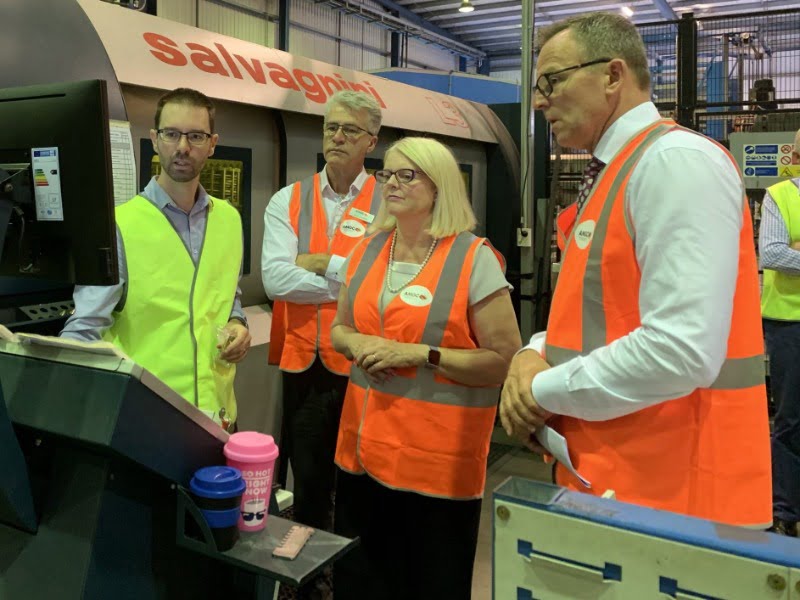The federal government has reached a $31 million agreement with a consortium of manufacturers and engineering firms led by Victorian design engineers Grey Innovation to produce 2,000 ventilators by the end of July.
Production is expected to start at the beginning of June as part of the national response to the COVID-19 outbreak health crisis.
The Grey Innovation ventilator project started with a $500,000 grant from the Victorian government and has now progressed immediately to production through the substantial procurement contract led by the federal government.

The work has been a text-book case study in how to spin-up crucial manufacturing capability where supply chain breaks down using the purchasing power of government. Whether this can be turned into a long-term success story that transcends the current health and economic crisis will be closely watched.
Industry Minister Karen Andrews said the deal demonstrates the power of bringing “Aussie manufacturers and clinicians together” and provided a good illustration of the advanced manufacturing capability in this country.
“It also shows the incredible collaborative spirit that’s been on display as we respond to this unprecedented pandemic,” Mrs Andrews said. “Companies which are normally in competition are working together for the greater good.”
The contract builds on work already done by government to secure more ventilators, including agreement with ResMed, as well as the national deal with private hospitals.
With time to market critical, and under advice from Grey Innovation’s medical advisory team, the company’s Executive Chair Jefferson Harcourt said the program would use a mechanical ventilator design from a leading medical device company under licence for production in Victoria.
“Victoria has the highest concentration of engineering and manufacturing companies in Australia, and as such, we are well placed to work together to do something about ensuring there isn’t a shortfall of ICU equipment here in Victoria and the rest of the country,” Mr Jefferson said.
Meanwhile Mrs Andrews has told Adelaide radio that attention was now turning to the longer term and better understanding sovereign capability issues across the supply chain.
“We have discovered is that in some areas we need to relook at what our capability is,” Mrs Andrews said.
“And we need to start looking at what we can do to build the capability that we need if such a crisis was ever to visit us again or alternatively, a different sort of crisis,” she said.
“It’s also been a significant wakeup call to a lot of consumers and a lot of businesses in Australia who have had very strong reliance on overseas suppliers, particularly from China, and many of them are rethinking what they’re purchasing and supply chains are going to be in the future.”
“We need to look at supporting Australian businesses, and not just the government and every level of government, but also businesses and consumers right across Australia.”
Do you know more? Contact James Riley via Email.

